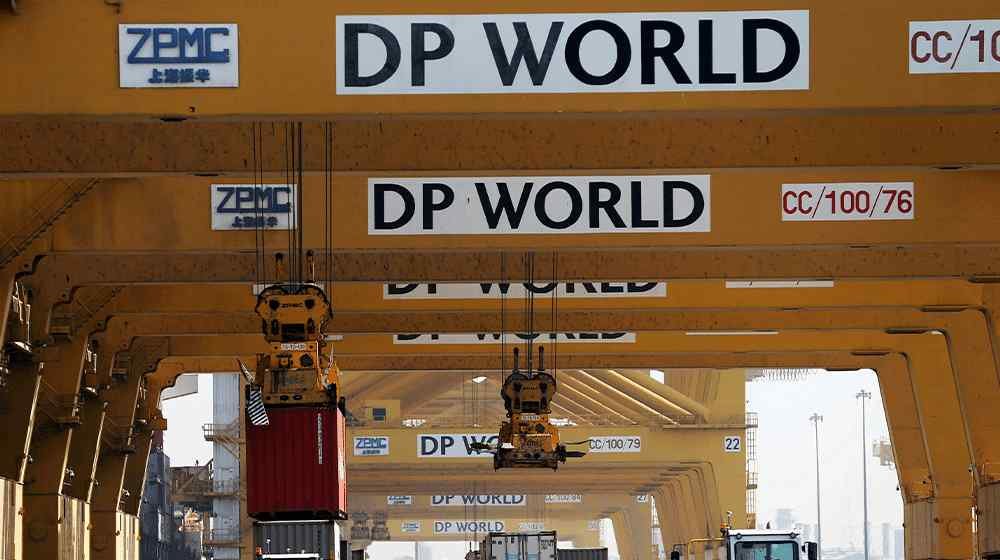Pakistan’s National Logistics Corporation (NLC) and Dubai-based logistics giant DP World have marked a milestone in regional trade by completing their first commercial cargo delivery to Tajikistan.
The shipment—38 tons of automotive spare parts—traveled from Dubai to Dushanbe via Karachi, completing the journey in just 16 days. Traditional trade routes for this cargo typically take anywhere from 20 to 70 days, making this delivery a significant efficiency breakthrough, according to Radio Pakistan.
A New Trade Corridor Takes Shape
The operation signals growing momentum for the Dubai–Dushanbe trade corridor, which Pakistan is positioning as a faster and more cost-effective link for Central Asian commerce. NLC credited its modern logistics infrastructure and operational expertise for the reduced transit time.
For landlocked Tajikistan, improved access to ports through Pakistan could help diversify trade routes, reducing reliance on longer and often costlier paths through China or Russia.
Strategic Partnership Driving Growth
The delivery follows a January 2025 agreement between NLC and DP World Logistics FZE to upgrade Pakistan’s freight and logistics network. The partnership, facilitated by the Special Investment Facilitation Council (SIFC), is part of Islamabad’s push to turn Pakistan into a logistics hub connecting South Asia, Central Asia, and the Middle East.
In March, Pakistan’s Competition Commission (CCP) cleared NLC’s 60% acquisition stake in DP World Logistics FZE, ruling that the joint venture does not create unfair market dominance under the Competition Act of 2010.
Challenges on the Rail Link Front
Despite progress in road and port logistics, rail connectivity faces hurdles. The Cabinet Committee on Inter-Governmental Commercial Transactions (CCOIGCT) recently rejected a proposed commercial deal between Pakistan Railways and DP World, directing the Railways Division to explore domestic funding options with the Ministry of Maritime Affairs and Karachi Port Trust (KPT).
The decision highlights the complexity of aligning Pakistan’s transport infrastructure with its growing ambitions as a regional trade facilitator.
Why It Matters
This successful shipment demonstrates Pakistan’s evolving role in connecting Gulf economies to Central Asia. For DP World, the partnership provides a foothold in one of the world’s emerging trade corridors, while Pakistan gains leverage as a regional transit hub. If replicated at scale, faster delivery times could strengthen Tajikistan’s supply chains and position Pakistan as a viable alternative to traditional, slower routes.

